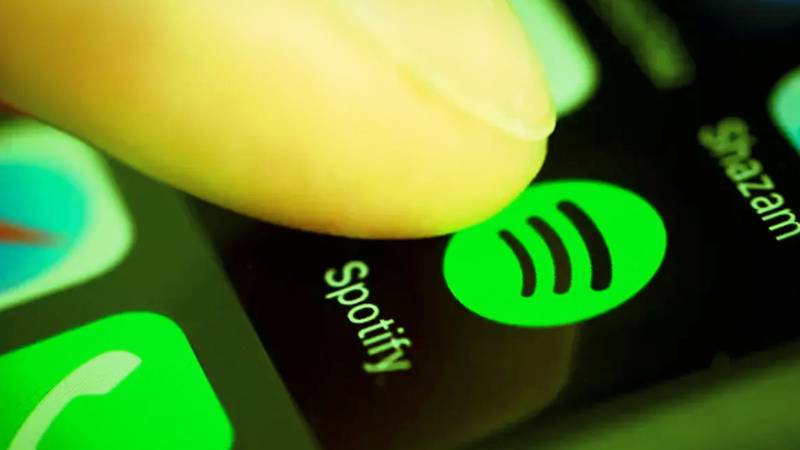
Spotify has launched an aggressive attack on Apple's new up to 27% transaction fees in the United States, according to the BBC on Friday.
On Wednesday, Apple revealed that software developers would be able to sell things in locations other than its own store, but only if they paid a commission.
Spotify called the situation "outrageous" and accused Apple of "stopping at nothing" to safeguard its riches. It is pressing the British government to prevent similar fees from being imposed in the UK.
Apple has been contacted for comment.
The company implemented the levies in the United States as a result of a long-running legal battle with Fortnite producer Epic Games.
The court ruled in favor of Apple on some grounds, but it violated a statute by prohibiting software developers from informing users about other payment methods, including URLs that bypass Apple's own software Store payment mechanism.
Apple charges the largest developers a 30% fee to use this system, while smaller developers pay approximately 15%, and 85% of developers pay no money at all.
As a result of the verdict, Apple has implemented new guidelines in the United States that would allow customers to subscribe to services without using its platform, although developers will be charged up to a 27% commission.
According to court documents filed by the company, the commission price was in accordance with the court judgment, and App Store developers benefited from Apple's services.
"All App Store developers, including those who place buttons or links with calls to action in their apps, benefit from (among other things) Apple's platform integrity," the company stated in its filings.
It also mentioned other perks that developers enjoy, such as "marketing and external advertising, and a safe environment for users to download and purchase apps and in-app content."
Spotify has reacted angrily, claiming that the policy "flies in the face" of the US court's efforts to promote greater competition.
Spotify has a history of attacking Apple over its fees. In October 2023, it accused it of having an "insane" level of control over the internet.
This article was originally published on the BBC.
